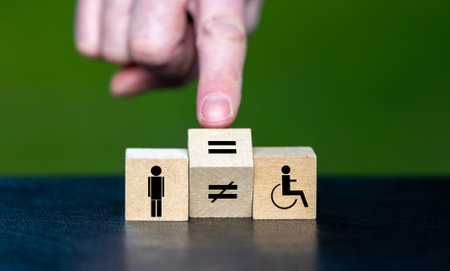Walking for Wellbeing: Best Routes and Groups for Arthritis in England, Scotland, and Wales
Introduction to Walking for WellbeingWalking is widely recognised as one of the most accessible and effective forms of physical activity, especially for individuals living with arthritis. Across England, Scotland, and Wales, walking not only serves as a gentle way to manage joint pain and stiffness but also plays a vital role in boosting overall wellbeing.…








